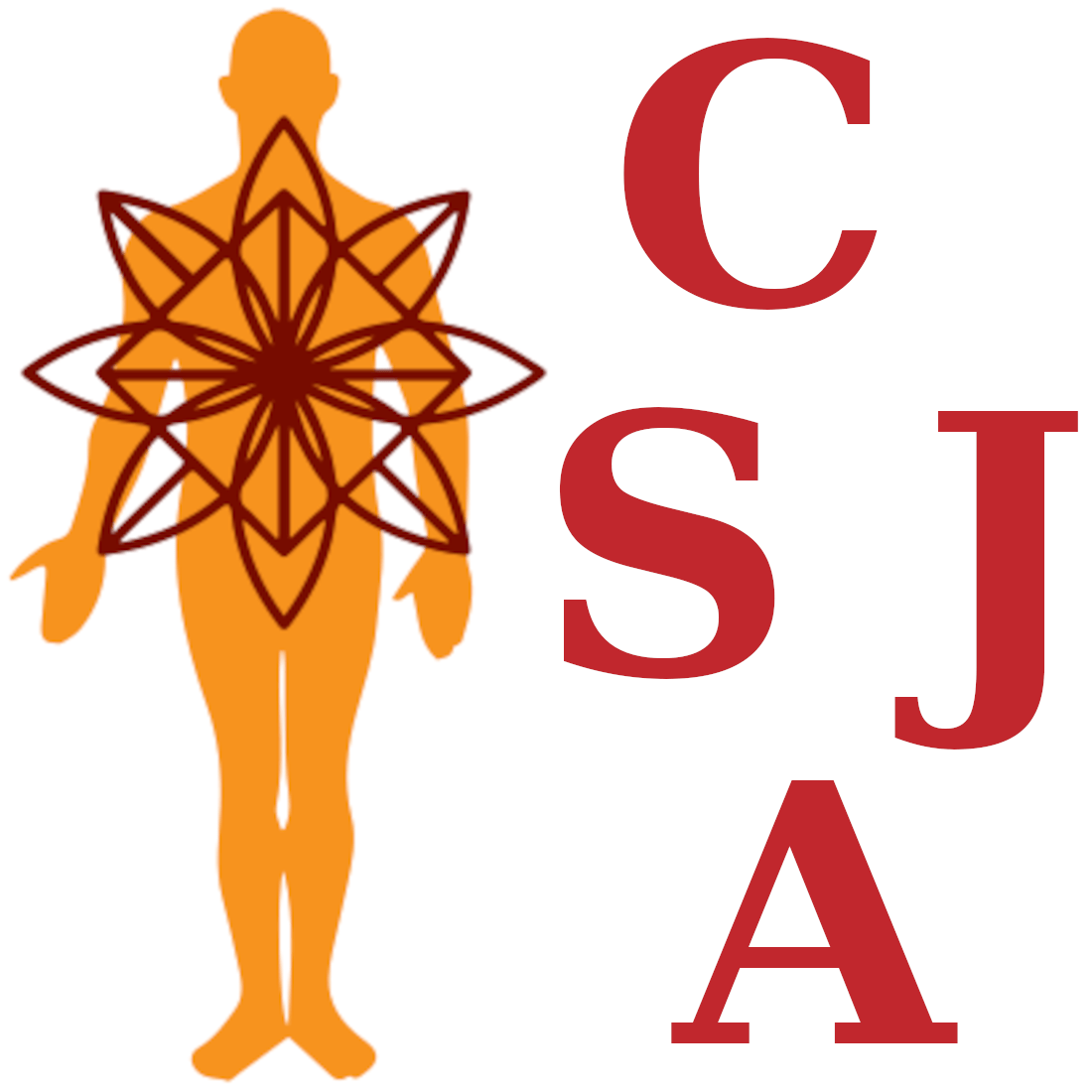Recent studies have highlighted the potential of acupuncture in treating various conditions, including allergies, by modulating inflammatory responses and alleviating symptoms.
1.Holistic Therapies for Allergies:
A study by Ziment and Tashkin (2000) explored the role of integrative medicine, including acupuncture, in treating allergies and asthma. The study emphasized that patients often seek non-orthodox remedies like acupuncture and herbs, either as self-therapy or on the advice of a complementary and alternative medicine practitioner. The study concluded that while there is little evidence in favor of most unorthodox treatments, patients often report favorable outcomes. Read more.
2. Anti-Inflammatory Effects of Acupuncture:
Oh and Kim (2022) conducted a comprehensive review of the anti-inflammatory actions of acupuncture at the ST36 point. The study found that acupuncture at ST36 has clinical benefits in relieving inflammation through several mechanisms such as vagus nerve activation, toll-like receptor 4 signaling, and macrophage polarization. These findings suggest that acupuncture can be a viable option for managing inflammation-related conditions, including allergies. Read more.
3. Acupuncture-Induced Analgesia:
A study by Lin et al. (2016) investigated the efficacy and mechanisms of acupuncture-induced analgesia. The study revealed that acupuncture could produce potent analgesic effects by inhibiting microglial activation, offering a nonpharmacological alternative for pain-related diseases, including those associated with allergic reactions. Read more.
4. Low-Level Laser at Auriculotherapy Points:
Sampaio-Filho et al. (2016) evaluated the efficiency of low-level laser at auriculotherapy points in reducing postoperative pain in third molar surgery. The study highlighted the potential of this method in controlling inflammation and pain when conventional drugs are contraindicated, emphasizing its low risk of side effects, low cost, and simplicity of application. Read more.
Conclusion:
Acupuncture, along with advancements like electroacupuncture and low-level laser at auriculotherapy points, has shown promising results in managing allergies and related symptoms. The modulation of inflammatory and immune responses by acupuncture points to its potential as a complementary therapy for allergies. While more extensive research is needed to fully understand the mechanisms and optimize the application, acupuncture stands as a holistic and viable alternative for those seeking relief from allergies.
References
Ziment, I., & Tashkin, D. P. (2000). Alternative medicine for allergy and asthma. Journal of Allergy and Clinical Immunology, 106(4), 603-614. https://dx.doi.org/10.1067/MAI.2000.109432
Oh, J-E., & Kim, S-N. (2022). Anti-Inflammatory Effects of Acupuncture at ST36 Point: A Literature Review in Animal Studies. Frontiers in Immunology, 12, 813748. https://dx.doi.org/10.3389/fimmu.2021.813748
Lin, L., Skakavac, N., Lin, X., Lin, D., Borlongan, M. C., Borlongan, C. V., & Cao, C. (2016). Acupuncture-Induced Analgesia: The Role of Microglial Inhibition. Cell Transplantation, 25(4), 621-628. https://dx.doi.org/10.3727/096368916X690872
Sampaio-Filho, H., Sotto-Maior, B. S., de-Lima-Filho, J. L., & Del-Bel-Cury, A. A. (2016). Evaluation of low-level laser at auriculotherapy points to reduce postoperative pain in inferior third molar surgery: study protocol for a randomized controlled trial. Trials, 17(1), 420. https://dx.doi.org/10.1186/s13063-016-1540-9
At CSJAcupuncture.com, we’re dedicated to empowering you with knowledge that promotes holistic well-being. Explore our educational resources based on clinical experience, science, and best integrative medicine practices. Embark on a journey toward a healthier, balanced life! Check out our wellness book on Amazon.com!

